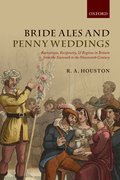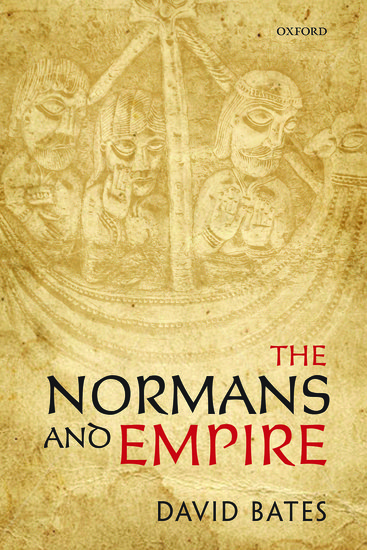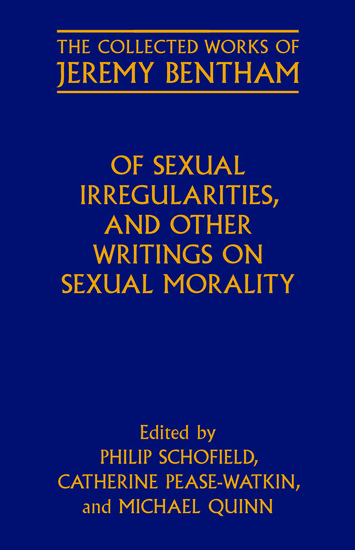What is academic history for?
By Paula A. Michaels
Writing on Saturday in The Age, popular historian Paul Ham launched a frontal assault on “academic history” produced by university-based historians primarily for consumption by their professional peers.










